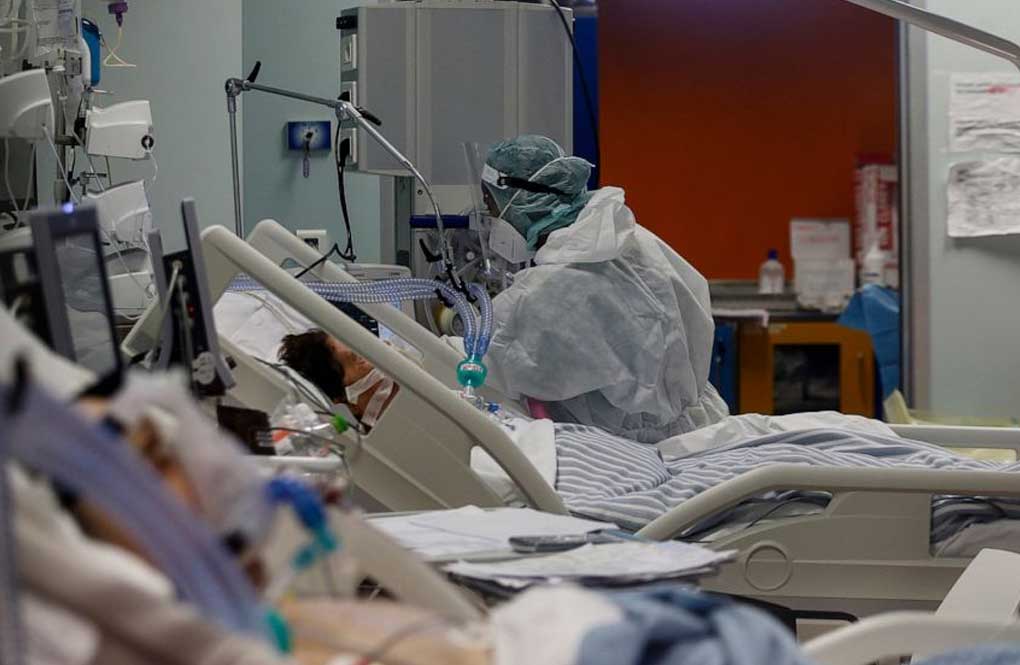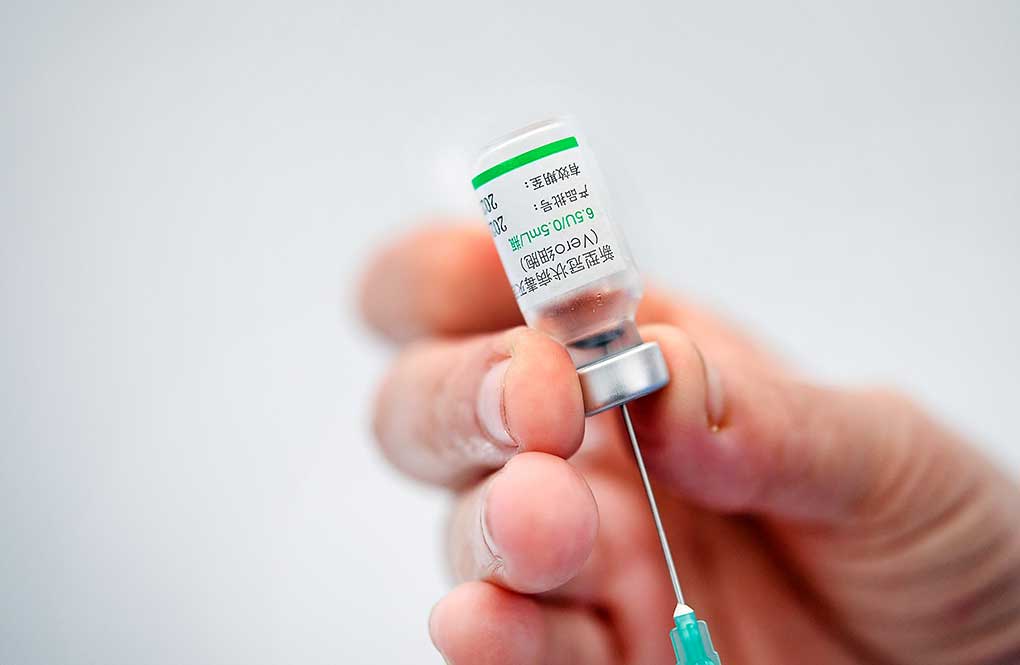Allied health educators are calling for an increase in community-based care to keep hospitals and emergency departments functioning as more people are affected by chronic health conditions, including the lingering effects of COVID-19.
Professor Esther May, chair of the Australian Council of Deans of Health Sciences, says chronic disease rates in Australia are likely to increase with a surge in coronavirus cases as the country opens up.
“Providing integrated community health clinics overseen by GPs to provide rehabilitation services is absolutely vital right now as this will ensure all patients can access the quality healthcare they need to recover while protecting emergency departments,” Prof May said.
“The Australian focus is still firmly centred on acute hospital services and how they will cope with a massive increase in COVID infections, but we should be looking more broadly at how all three pillars of health care can support each other at this time.”
Prof May said the provision of primary care in community settings would assist in assessing, treating and preventing a number of complicated chronic conditions, and would reduce unnecessary hospital admissions estimated to cost more than $320 million each year.
“We have thousands of people living with long-term conditions like obesity, diabetes, Parkinson’s and cancer who need ongoing care and rehabilitation services, and this will increase with the large number of COVID-19 patients who go on to develop long COVID syndrome,” she said.
Allied health represents 25 per cent of the total health workforce and includes physiotherapists, occupational therapists, podiatrists, dieticians, psychologists and social workers.
Prof May said the council would also like to see more community settings available for students to develop a real-world experience particularly in aged care, disability care, and rehabilitation.
Her comments came as Australia marked Allied Health Professionals Day on Thursday.
(AAP)













